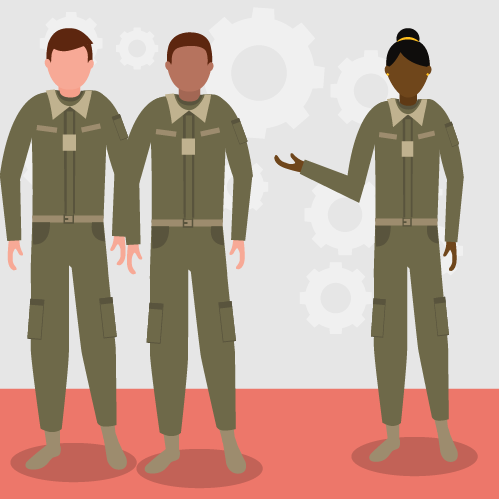KM Training and Professional Development Portal
The Pathway to a Chief Knowledge Officer

A Chief Knowledge Officer (CKO) possesses vast experience in organizational learning, knowledge architecture, knowledge asset management, knowledge technology, and innovation. They differ from a KM Officer (KMO) by the level of command they serve. The CKO designation is primarily used in higher institutional force commands—such as U.S. Army Medical Command, centers of excellence and the Combined Arms Center—while the KMO position applies primarily to operational-level commands such as division, corps, and Army Service component commands (there are some exceptions.) Duties for the CKO are budget planning, setting KM policy, and oversight of other supporting programs (such as the management of the Continuous Process Improvement Program). CKO responsibilities also include:
- Creating an organizational knowledge network and metrics for evaluating its effectiveness.
- Developing KM techniques, policies, and procedures and ensuring command-wide dissemination.
- Advising the commander and staff on integrating KM practices throughout the organization.
- Writing the KM annex to plans and orders and updating as necessary.
- Performing staff planning and coordination of KM functions and activities to improve shared understanding, learning, and decision making.
- Leading efforts to identify gaps in organizational processes.
- Leading the staff in assessing unit knowledge processes.
- Synchronizing KM functions and activities with higher commands and subordinate commands.
- Monitoring emerging KM trends for incorporation into unit operations.
- Directing KMWG efforts and facilitating its meetings.
Course Pathway:
- Army KM Basics Course (Self-paced, 3-5 days)
- KM Qualification Course
- KM Electives
- University Degree Programs


